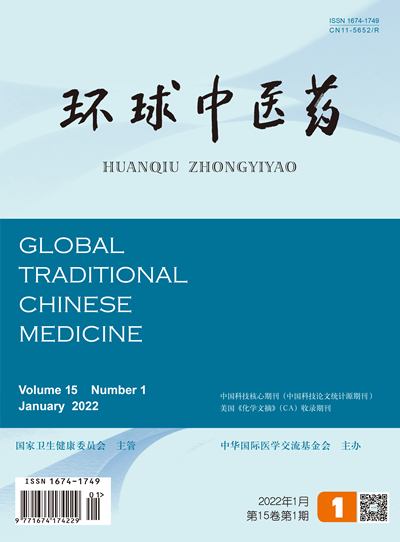Ideologies of the Chinese language in Finland
引用次数: 2
Abstract
In recent years, the visibility and importance of the Chinese language (Mandarin) has been rising globally due to its emerging status as a significant global language used by native and non-native speakers and learners. This study looks into how Finland, a small country where English is used as a second language, deals with the growing prominence of the Chinese language. More specifically, we are interested in how Finnish policies and media respond and contribute to the emerging global discourses on the Chinese language. Drawing on critical discourse analysis we examined the discourses on the Chinese language presented in policy documents and two of the main news outlets in Finland—Yleisradio (Yle) and Helsingin Sanomat (HS)—with the aim to reveal what ideologies lie behind the construction of the Chinese language. Four prevailing categories of ideological discourses of the Chinese language emerged from our analysis of the political and media texts: Chinese as a useful language, Chinese as a world/global language, Chinese as an increasingly popular language, and Chinese as a different and/or difficult language. We argue that despite the multiple societal meanings the Chinese language appears to have in the policy documents and news articles, the discourses are related to the economic allure of China and share similar ideological roots that emphasize the symbolic capital of the Chinese language.汉语在芬兰的意识形态
近年来,中国语言(普通话)的知名度和重要性在全球范围内不断上升,因为它作为母语和非母语人士和学习者使用的重要全球语言的新兴地位。这项研究着眼于芬兰,一个以英语为第二语言的小国,如何应对日益突出的汉语。更具体地说,我们感兴趣的是芬兰的政策和媒体如何回应和促进新兴的全球汉语话语。通过批判性话语分析,我们考察了政策文件和芬兰两家主要新闻媒体——芬兰广播电台(Yle)和赫尔辛基新闻报(HS)——中关于汉语的话语,目的是揭示汉语建构背后的意识形态。从我们对政治和媒体文本的分析中,出现了四种主要的汉语意识形态话语:汉语作为一种有用的语言,汉语作为一种世界/全球语言,汉语作为一种日益流行的语言,汉语作为一种不同的和/或困难的语言。我们认为,尽管在政策文件和新闻文章中,汉语似乎具有多重社会意义,但这些话语与中国的经济吸引力有关,并且具有类似的意识形态根源,强调汉语的象征资本。
本文章由计算机程序翻译,如有差异,请以英文原文为准。
求助全文
约1分钟内获得全文
求助全文

 求助内容:
求助内容: 应助结果提醒方式:
应助结果提醒方式:


